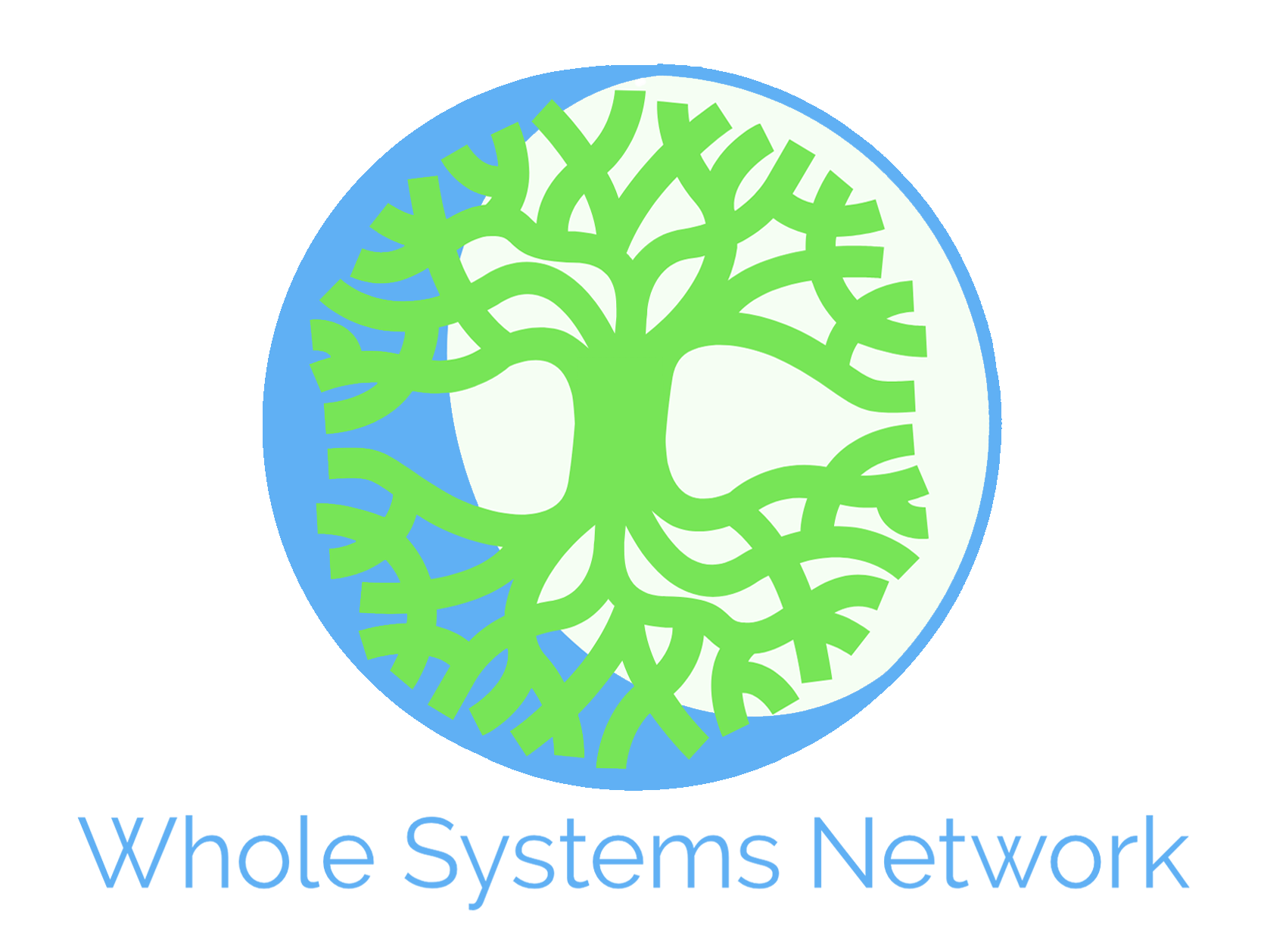“I was entranced by the slow motion dance of the rainbow of butterfly beauty.
They fluttered so softly, quietly and slowly. I would not have to run after them to catch one. Out of respect and love I would not ever try”-A short story by Alison Hector, “Elizabeth’s Gift”
Intro
As earthlings, we share experiences that sparks the intimacy of human and nature. The quote above is from a story my mother, Alison Hector, told me as I was growing up. “Elizabeth’s Gift”, she called it. A story of her interaction with a butterfly as she was growing up in the concrete jungle of New York City. The story is brought to my memory as I write this paper because it evokes mutual feelings of connecting to nature. I am astounded how moved she is by the butterflies even though she is so far removed from what I define as “nature”. For her, the connection to nature was brought out by the hypnotic dance of butterflies. For me (growing up in Georgia), connecting to nature has become alive through flowing creeks, swaying trees, and glowing night skies.
My mother’s words inspired me to ask a question; “When was the first time that I realized my connection to nature?” The question reminded me of the first time I had accidently stepped on my collection of snails I had gathered on a warm summer day. I hysterically cried to my father “I killedddddd themmmmmmm!” I was two. That same year I experienced the same depth of emotion when my sister was born and I held her in my arms. These feelings of connection and sameness on this intimate depth within is my relation to nature.
Social Injustice within “Environmentalism”
What do we define as “the environment” ? In the Westernized World, our way of being has been separated from the notion that we are our environment. Especially as we are becoming a globalized society less and less of our resources are being obtained through local growth and production. However, most of the world pre-19th century relied on the goods and products from their main land. In fact, many cultures including indeginous peoples throughout the world defined “the environment” as themselves. There was no separation.
The most obvious reason for this belief was the real need of relying on local resources for sustenance. The need to grow their own food, support their family, build shelters out of local materials, and drink clean water from rivers and springs.
Injustice of the Earth became “normalized” with the rampage of colonization across the globe. When people do not feel “of the land” they are inhabiting it is much easier to destroy it for monetary resources without having the responsibility of stewardship. Whereas the people who rely on the land for all of their living needs are heavily disrupted when large forests are lumbered and when oil rigs are set up. Colonization encouraged stripping the land of resources without consideration to indigenous peoples livelihoods or basic necessities.
Today this type of rampage and injustice is still reinforced on the Earth and people. Some examples are wealthy industries that dump pollution into rivers that flow downstream to communities who are too poor to fight back legally. Power plants off gassing toxic fumes near poorer communities. Sound pollution from airports that disrupt peoples’ sleeping and ability for concentration in school and work environments. Resources being degraded in the Amazon to be replaced with gmo corn, soy, and cow pastures that will be sent to the USA, Japan, or Europe.
The intersectionality between environmental and social injustice is very real. As I began with in this blog, what is nature or “the environment” to you? There is a direct correlation of stripped local resources for the benefit of wealthy owners of hotels, skyscrapers, power plants, malls, housing developments and more. If we do not realize that we are a part of our environment this type of injustice will further the divide in classism, racism, and degradation of the health of all peoples.
Chloe Buzzotta – Director of Whole Systems Network
Since early adulthood I have been on the journey of environmental stewardship. What are the most ethical and just ways to harmonize our planet, humans, and animals? I have worked with different sectors in the environmental field from Greenpeace to Global Ecovillage Network. My current self-journey is building a livelihood that can support my passion of healing our planet and empowering others.
